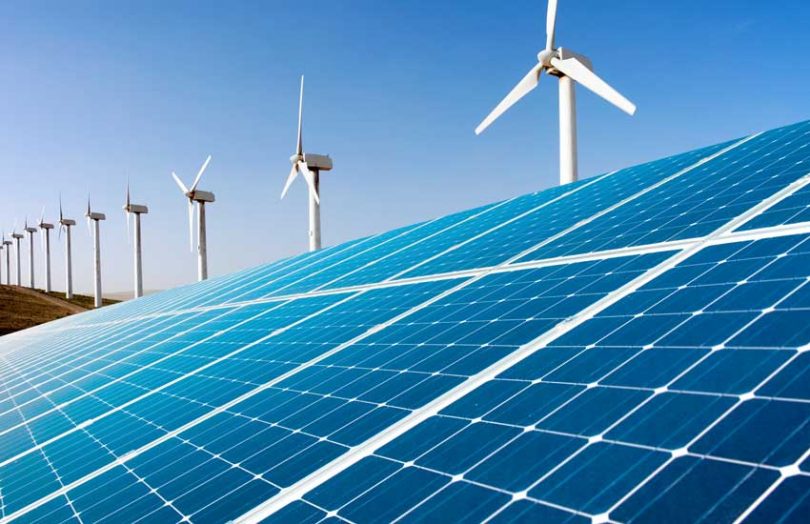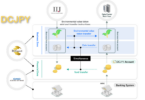Yesterday, enterprise blockchain firm Insolar announced it is collaborating with Canada’s Toronto and Region Conservation Authority (TRCA) to pilot use cases for distributed energy resources (DERs) such as solar and wind. The goal is to develop a mechanism complementary to Ontario’s Long Term Energy Plan and boost the use of renewable energy.
Insolar’s Assured Ledger platform will be used to enable the integration of renewable energy sources into the existing electricity system.
DERs are often used in local microgrids. But they can also be connected to the local distribution systems to meet excess electricity demands. However, the current scope of DERs is limited, and blockchain is being trialed to redefine the role they play in a connected grid ecosystem.
Ontario’s Long-Term Energy Plan sees DERs as an essential policy strategy to meet increasing electricity demands and expects them to replace 30% of production in the next 15 years. Insolar will be working with Sustainable Technologies Evaluation Program (STEP), a government program managed by TRCA, to make DERs scalable.
“As part of an integrated transactive energy system, DERs can add much value to community electricity supply,” said Gil Amdurski, Technical Coordinator, STEP. “An effective transactive energy system can maximize renewable energy use and solve the intermittency problem. It can connect and aggregate prosumer DERs, enterprise microgrids, and electric vehicles to the grid.”
DERs could be used to stabilize grids and reduce peak demand. Meanwhile, electric vehicle batteries can be used to store excess solar energy and release it to the grid when there’s demand.
“Reliable data flows and a solid communication platform are key to reaping the benefits of DERs in smart grids. This is especially true as the number of prosumers and devices that must be connected and coordinated grows,” said Lesley Czuma, Insolar Energy Projects.
Last year Insolar said it was launching its Transactive Energy System in Switzerland.
Switzerland-headquartered Insolar with a Russian team, deploys its blockchain technology in several verticals including supply chain and logistics, energy, and automotive sectors. It ran an ICO in 2017, raising $45 million.
Last month, Insolar announced a partnership with Canadian miner Uranium One to use blockchain for uranium supply chains and trade settlement.
Meanwhile, both LO3 and Power Ledger have inked renewable blockchain deals across the globe, with Power Ledger recently announcing it would introduce its energy trading and provenance solution in France.






